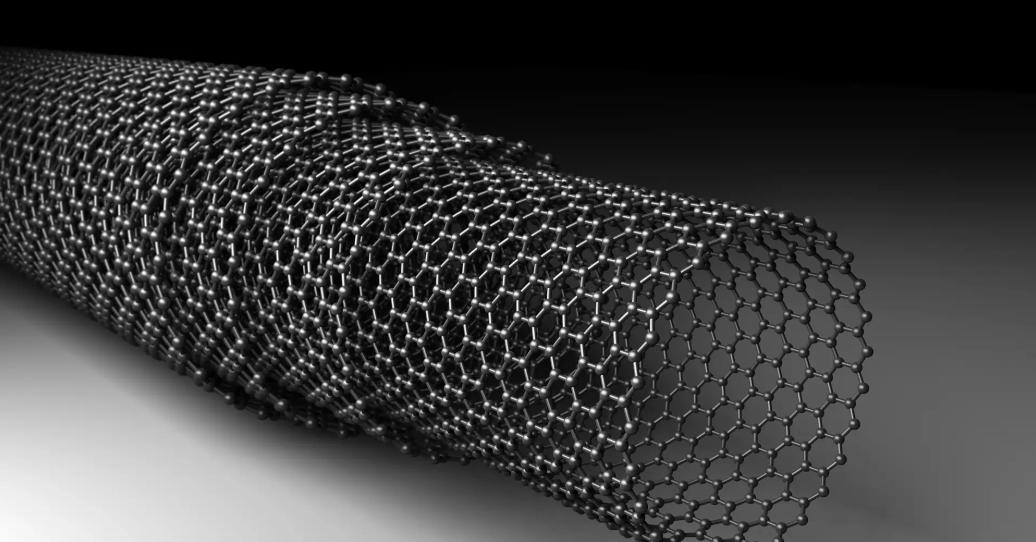
Improved mechanical properties
Due to the enhanced interfacial bonding, the mechanical properties of GFRP are significantly improved:
Tensile strength: The stress transfer between the fiber and the resin is more efficient, avoiding interfacial peeling.
Flexural strength: The composite material exhibits higher rigidity and deformation resistance when subjected to stress.
Impact toughness: The improved interfacial bonding makes the material less likely to delaminate or break when impacted.
Improved moisture and heat resistance
GFRP is prone to interfacial degradation in humid or high temperature environments, resulting in decreased performance. N-(β-aminoethyl)-γ-aminopropylmethyl-dimethoxysilane effectively prevents moisture from invading the interface by forming stable chemical bonds, significantly improving the moisture and heat resistance of the composite material.
Optimized processing performance
The silane coupling agent can also improve the wettability of the resin to the glass fiber, allowing the resin to wrap the fiber more evenly, reducing bubbles and defects, thereby improving the molding quality and consistency of the composite material.
To learn more, click here
https://www.siliconematerial.net/